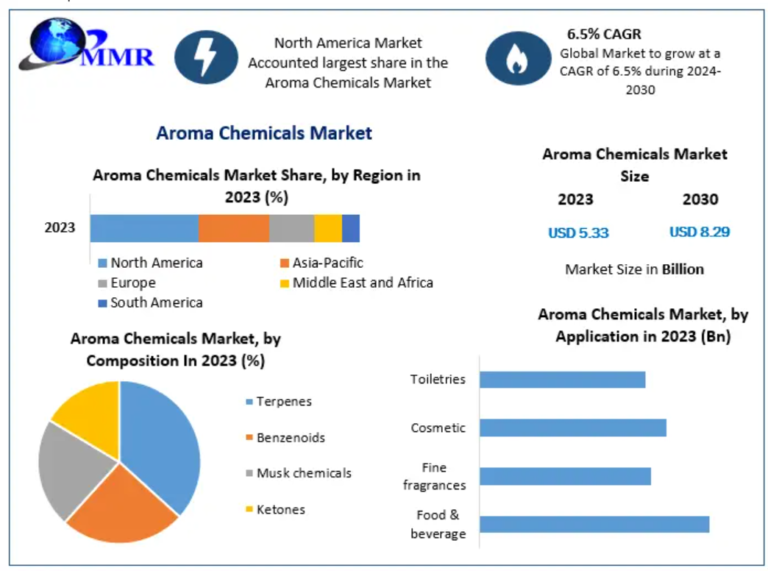If your diesel truck is showing signs of hesitation, rough idling, or power loss, you might be dealing with a bad fuel filter. Many drivers ask the same question: Can you still drive with a bad fuel filter? The short answer is — yes, you might be able to for a short distance, but it’s not a good idea.
The fuel filter plays a crucial role in protecting your engine from dirt, rust, and water in the fuel system. In diesel engines like the Dodge Ram 2500, especially those equipped with caterpillar fuel filter, the filter ensures clean fuel delivery to injectors for smooth and efficient combustion. Ignoring a bad filter can lead to expensive damage over time.
Let’s explore what happens when a fuel filter goes bad, how long you can drive with one, and how maintaining both your fuel and oil filters keeps your truck performing like new.
The Role of a Fuel Filter
A fuel filter is your engine’s first line of defense. Diesel fuel, even from reputable stations, can contain contaminants such as dust, metal shavings, or water. Over time, these particles can wear down injectors and clog fuel lines.
The Caterpillar fuel filter is engineered to trap these impurities while allowing clean fuel to flow smoothly. It also separates water from diesel, preventing corrosion inside your fuel system. Without this filter, contaminants circulate through the injectors and combustion chamber, leading to reduced performance and higher repair costs.
What Happens When the Fuel Filter Goes Bad
As the filter traps contaminants, it gradually becomes clogged. A clogged or bad fuel filter restricts the flow of fuel to the engine. Diesel engines rely heavily on precise fuel delivery, so even a small restriction can cause noticeable performance issues.
Here’s what can happen when your fuel filter starts to fail:
-
Reduced engine power: The engine doesn’t get enough fuel for proper combustion, resulting in sluggish acceleration.
-
Hard starts or stalling: A clogged filter can make it difficult for the engine to start or stay running.
-
Inconsistent idling: Fuel pressure fluctuates, causing uneven RPMs.
-
Check engine light: Modern trucks may detect fuel pressure issues and trigger a warning light.
-
Damage to injectors or fuel pump: The pump has to work harder to push fuel through a clogged filter, leading to premature wear.
These issues may start small but can worsen quickly.
Can You Drive With a Bad Fuel Filter?
Technically, you can still drive for a short period with a bad or partially clogged fuel filter — but it’s risky. The more you drive, the more strain you put on your engine and fuel system.
Here’s what you need to know:
-
Short-term driving: If you’re in an emergency and need to reach a nearby mechanic, you may be able to drive a few miles carefully.
-
Long-term driving: Not recommended. A clogged fuel filter reduces fuel pressure, causes inefficient combustion, and can damage injectors or the high-pressure fuel pump — both costly components.
-
Complete blockage: If the filter becomes fully clogged, your truck may stall and refuse to start at all.
So, while it might be possible to drive briefly, doing so can lead to more expensive problems in the long run.
Symptoms of a Bad Fuel Filter
Recognizing the signs early can save you from engine trouble. Watch for these common symptoms:
-
Slow acceleration: The engine struggles to get enough fuel.
-
Difficulty starting: Prolonged cranking or failure to start may indicate restricted fuel flow.
-
Engine misfires: Uneven fuel supply causes incomplete combustion.
-
Rough idling: The engine vibrates or shakes when idling.
-
Fuel economy drop: The engine works harder, burning more fuel.
-
Check engine or fuel warning light: The ECU detects inconsistent pressure.
If you notice these symptoms, it’s best to replace the filter immediately before further damage occurs.
The Importance of Caterpillar Fuel Filters
Caterpillar fuel filters are well-known for their superior filtration capabilities and durability. Unlike generic filters, Cat filters are engineered for precision and longevity, making them ideal for diesel trucks that handle tough workloads.
Key benefits include:
-
High-efficiency filtration: Traps microscopic particles and water.
-
Durable design: Withstands high fuel pressures typical of diesel engines.
-
Improved engine protection: Reduces wear on injectors and pumps.
-
Consistent fuel flow: Maintains stable engine performance under load.
Replacing your Caterpillar fuel filter at regular intervals — typically every 10,000 to 15,000 miles — ensures your truck continues running efficiently and reliably.
The Connection Between Fuel and Oil Filters
While the fuel filter protects the fuel system, the Dodge Ram 2500 oil filter safeguards your engine’s lubrication system. Both filters work together to maintain peak performance and engine health.
-
The oil filter captures soot, metal particles, and contaminants from the engine oil, preventing wear on bearings and turbochargers.
-
The fuel filter ensures that only clean diesel reaches the injectors, promoting efficient combustion.
Neglecting either filter can lead to reduced performance and increased engine wear. Regularly replacing both ensures your Ram’s 6.7L Cummins diesel engine runs smoothly and efficiently, whether you’re towing or driving long distances.
What Happens if You Ignore a Bad Fuel Filter
If you continue driving with a failing or clogged fuel filter, here’s what can happen over time:
-
Fuel pump damage: The pump has to work harder to push fuel, leading to overheating or failure.
-
Injector damage: Contaminants can scratch or clog injector nozzles, reducing spray precision.
-
Reduced engine efficiency: Unfiltered fuel disrupts combustion, leading to higher emissions and poor mileage.
-
Hard starting or no start: Eventually, the engine won’t get any fuel at all.
-
Expensive repairs: Injector replacements or pump repairs can cost thousands.
What starts as a small issue can quickly escalate into a major repair bill if ignored.
How to Prevent Fuel Filter Problems
Here are a few simple steps to keep your fuel system in top condition:
-
Replace filters on schedule: Follow your manufacturer’s maintenance guide — typically every 10,000–15,000 miles.
-
Use quality filters: Stick to OEM or high-performance brands like Caterpillar fuel filters.
-
Drain water separators regularly: Prevent water accumulation that can lead to corrosion.
-
Use clean diesel fuel: Refuel from trusted stations to avoid dirty fuel.
-
Change your oil filter, too: Keeping your dodge ram 2500 oil filter clean ensures both fuel and oil systems work together effectively.
By following these steps, you can prevent performance issues and extend your truck’s life.
Quick Tip: How to Check Your Fuel Filter
If you suspect a clogged fuel filter, perform a quick check:
-
Inspect for dark discoloration or visible debris in the filter housing.
-
Listen for fuel pump noise — a whining sound can indicate strain.
-
Use a fuel pressure gauge to measure output. Low pressure often means restriction.
If you’re not comfortable diagnosing the problem, a professional mechanic can test and replace the filter quickly.
Conclusion
So, can you still drive with a bad fuel filter? Technically yes — but it’s a gamble you shouldn’t take. A clogged or failing fuel filter can cause power loss, engine damage, and costly repairs if ignored.
Regularly replacing Caterpillar fuel filters ensures clean fuel delivery, efficient combustion, and smooth performance. Likewise, pairing it with a quality Dodge Ram 2500 oil filter keeps your diesel engine clean and well-protected from every angle.





